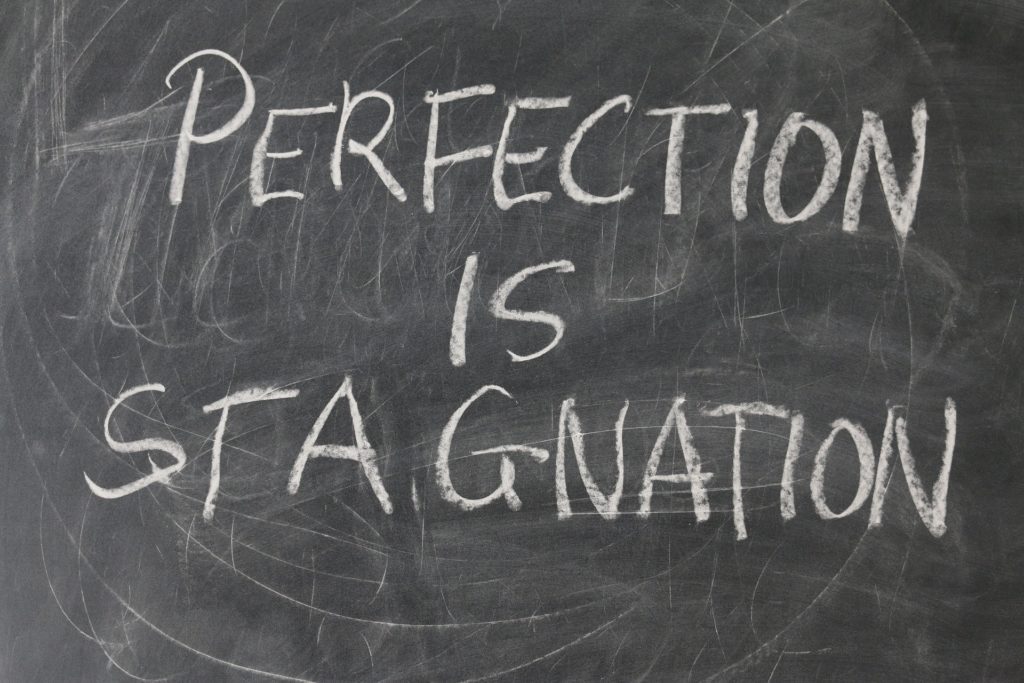Is Perfectionism Decreasing Productivity

Largely thanks to technology, people are exposed to more marketing messages today than ever before. A lot of advertising is devoted to promoting some type of perfect product or service. You can find ads for the perfect hair gel for your type of hair, for example. If your internet service isn’t fast enough, you can find a service provider that no doubt has the ideal solution for you with ease.
Seeing ads that promote someone’s version of a perfect product or service is one thing. Living life as a perfectionist is something else entirely. While it’s important to have high standards at work, aiming for perfectionism in everything you do can have some dire consequences, not the least of which is reduced productivity.
The Dangers of Perfectionism
In years past, perfectionism was often celebrated as a trait that drove employees to exceed expectations. Now, it’s seen through glasses that aren’t as clouded by rosy images of over-achieving professionals. While employers still value employees who strive to do a good job at work, many are now quicker to recognize and react to perfectionism.
On an individual level, the drive to be perfect in everything can negatively influence your mental health. Here are some of the conditions that perfectionism is often associated with:
- Depression
- Suicidal thoughts
- Anxiety
- Sleep disorders
- Anorexia
- Agoraphobia
- Self-harming behaviors
As it relates to work, perfectionism can cause any number of issues. Stress, conflict, reduced productivity and missed deadlines are examples of the results that perfectionism can yield.
Burnout is another thing a perfectionist may experience at work, and it can be the result of the person not having enough social support or defined goals. Burnout can cause a perfectionist to feel physically and emotionally exhausted. It may also cause the person to have a jaded viewpoint. In fact, it can lead a perfectionist to doubt their ability to complete tasks as they should be done.
Strive for Effectiveness Instead of Perfectionism at Work
Whether you’re at work, in school or at home, you should aim for effectiveness instead of perfectionism. Being an effective person rather than a perfectionist will allow for a margin of error in your daily tasks. It’ll make it okay to do a good job without making yourself physically or emotionally unwell with worry about being perfect.
In addition to taking pressure off your shoulders, striving for effectiveness will enable you to do one critical thing that can advance your career — learn from your mistakes. While a perfectionist may see a mistake as a failure that should lead to self-flagellation, that’s not the case. Every mistake presents a valuable learning opportunity that may result in a product innovation or the identification of a gap in the marketplace that your company can fill and profit from.
Effectiveness — not perfectionism — is the key to a thriving, productive, healthy workforce on both individual and team levels. That’s why your goal should be to work in an effective manner without forcing yourself to be perfect in everything you do.
Do you agree that it’s preferable to be effective rather than perfect? Whether you agree or disagree, the team at Global Electronic Services would love for you to share your thoughts below. We look forward to seeing what you have to say!
